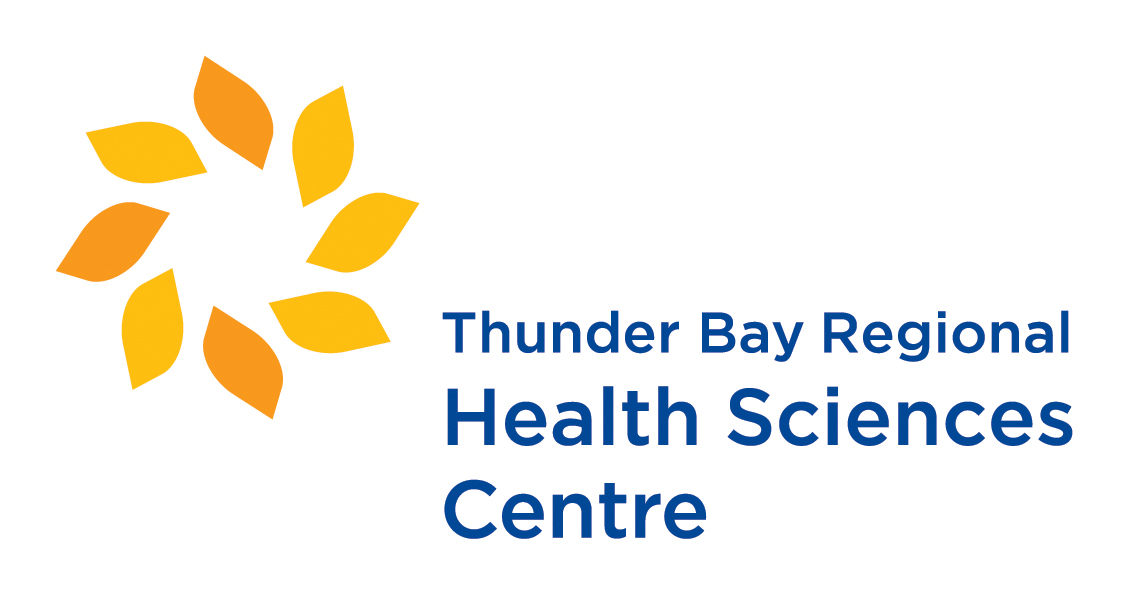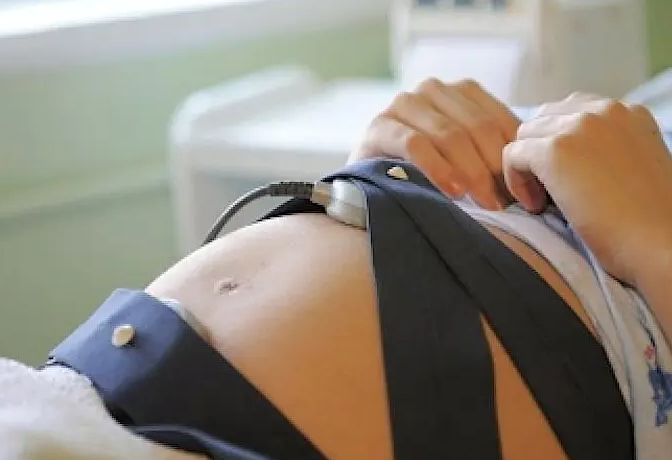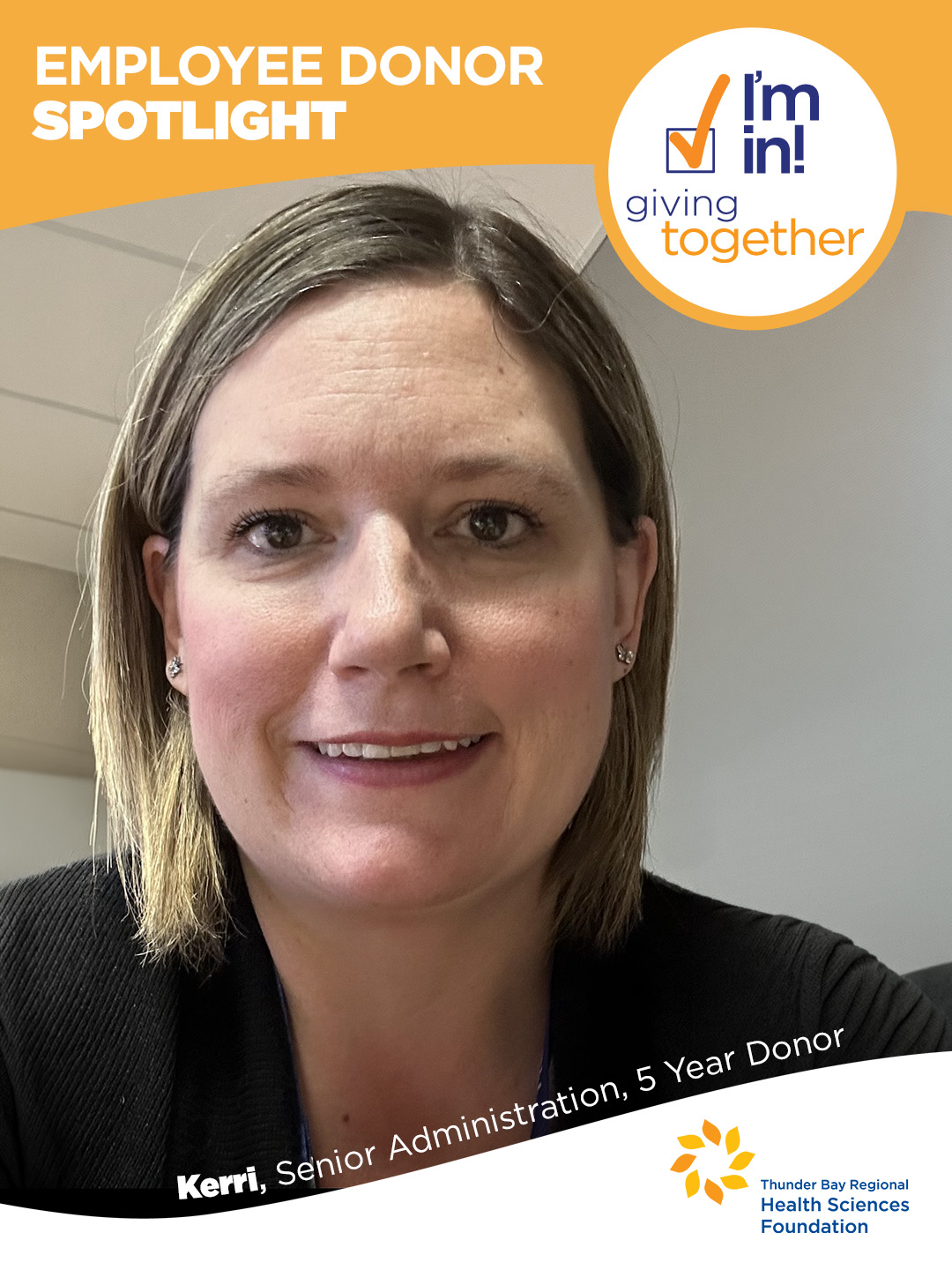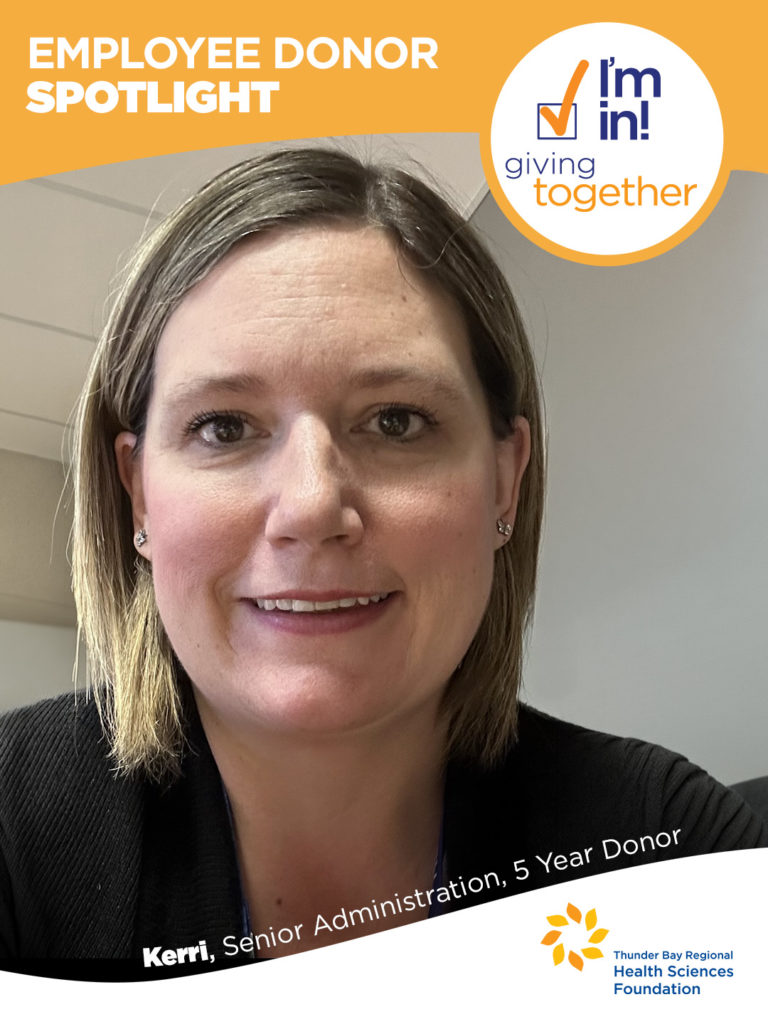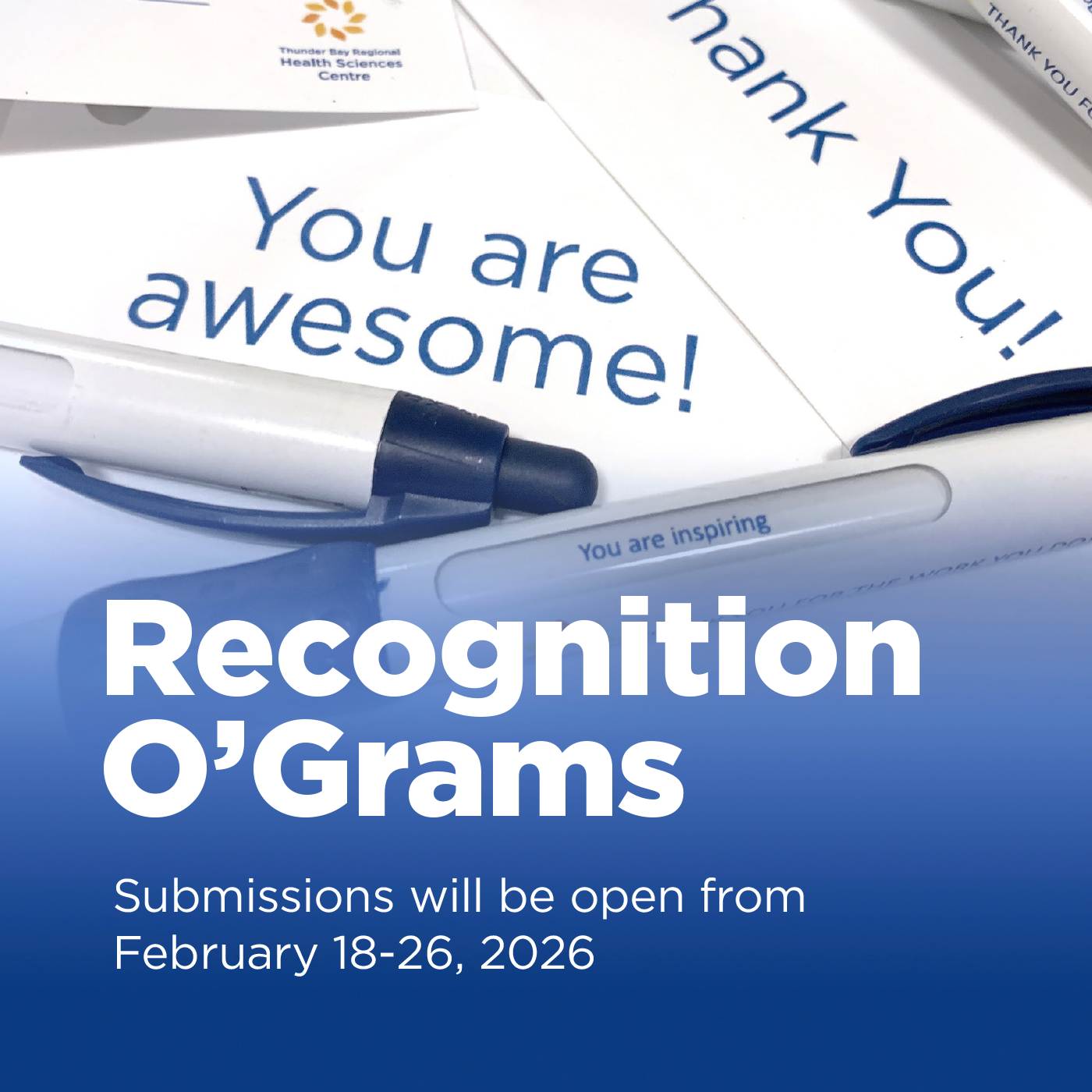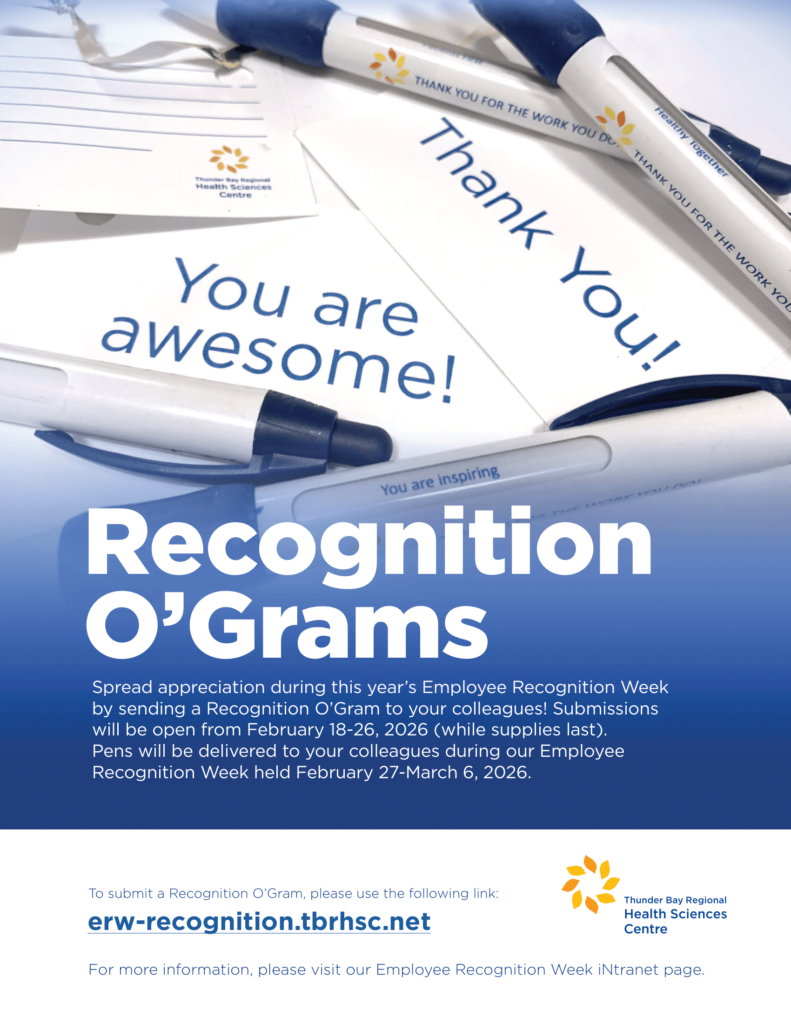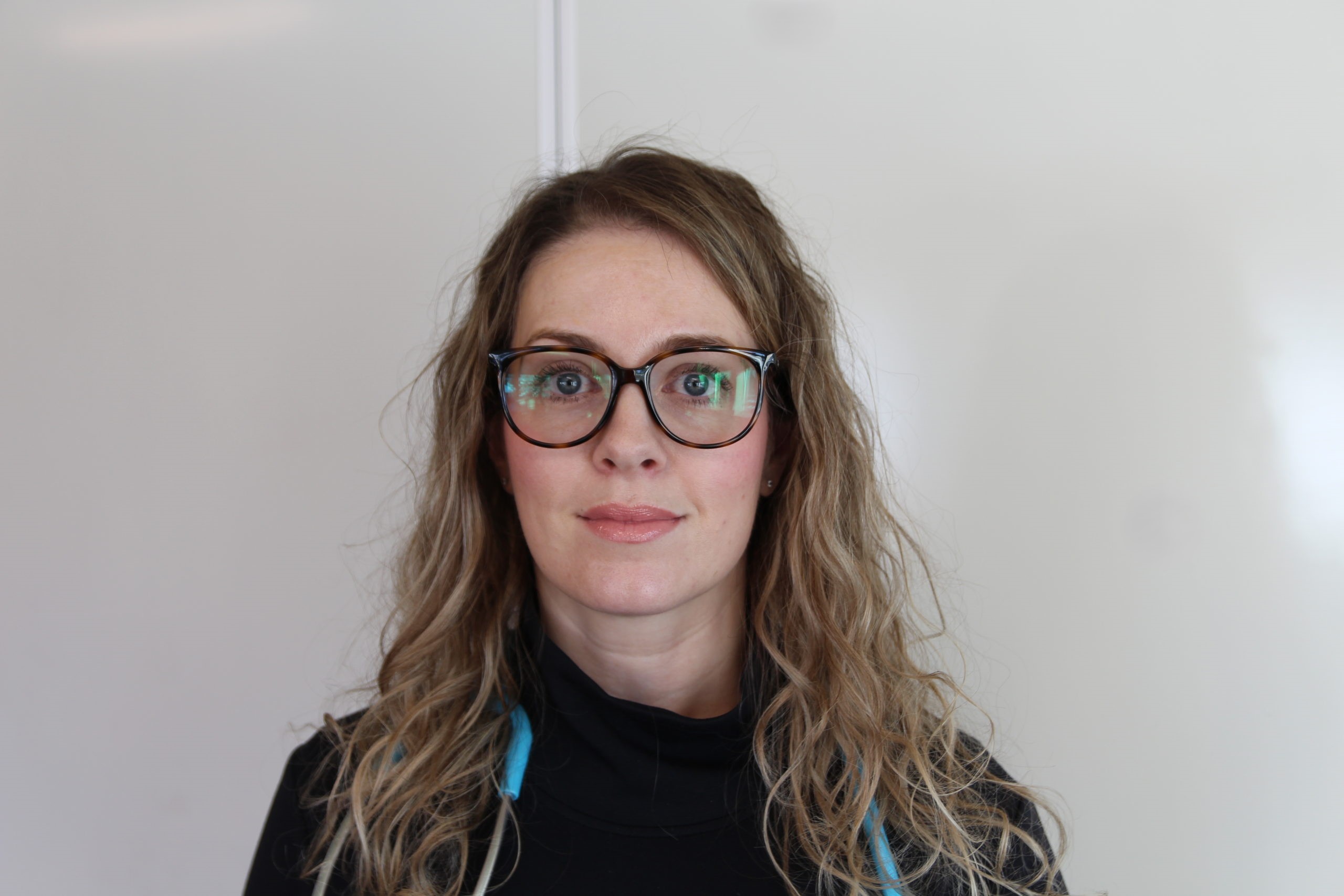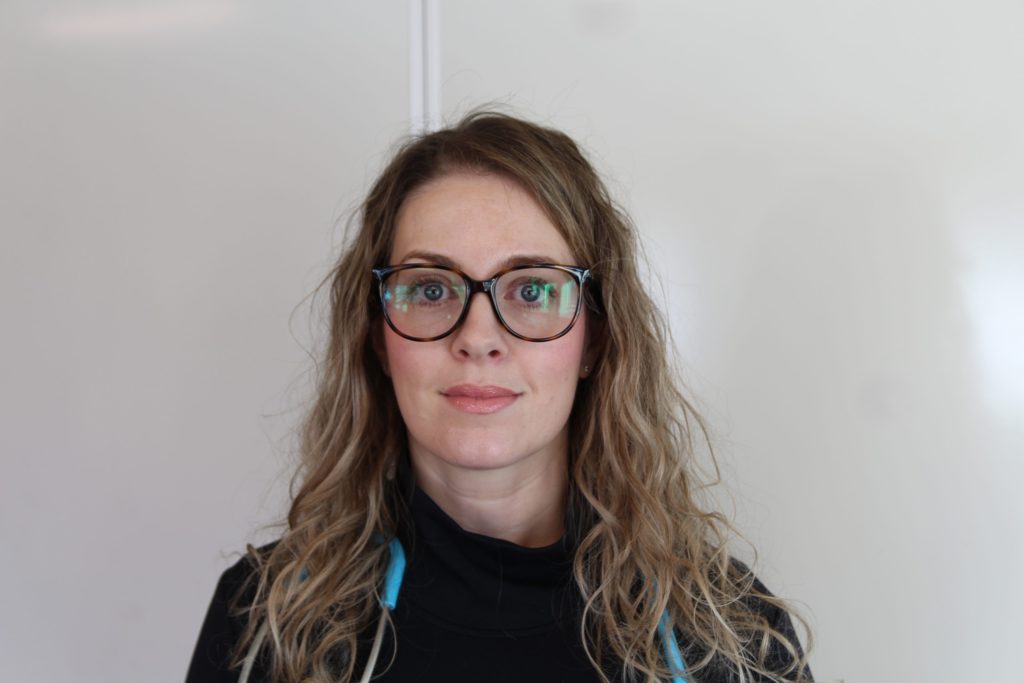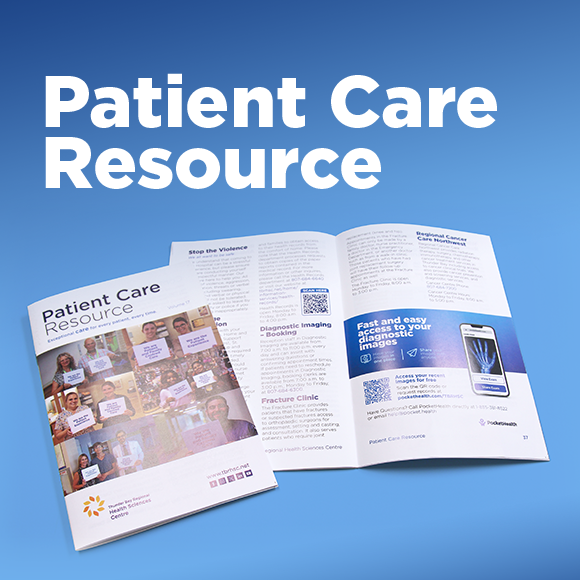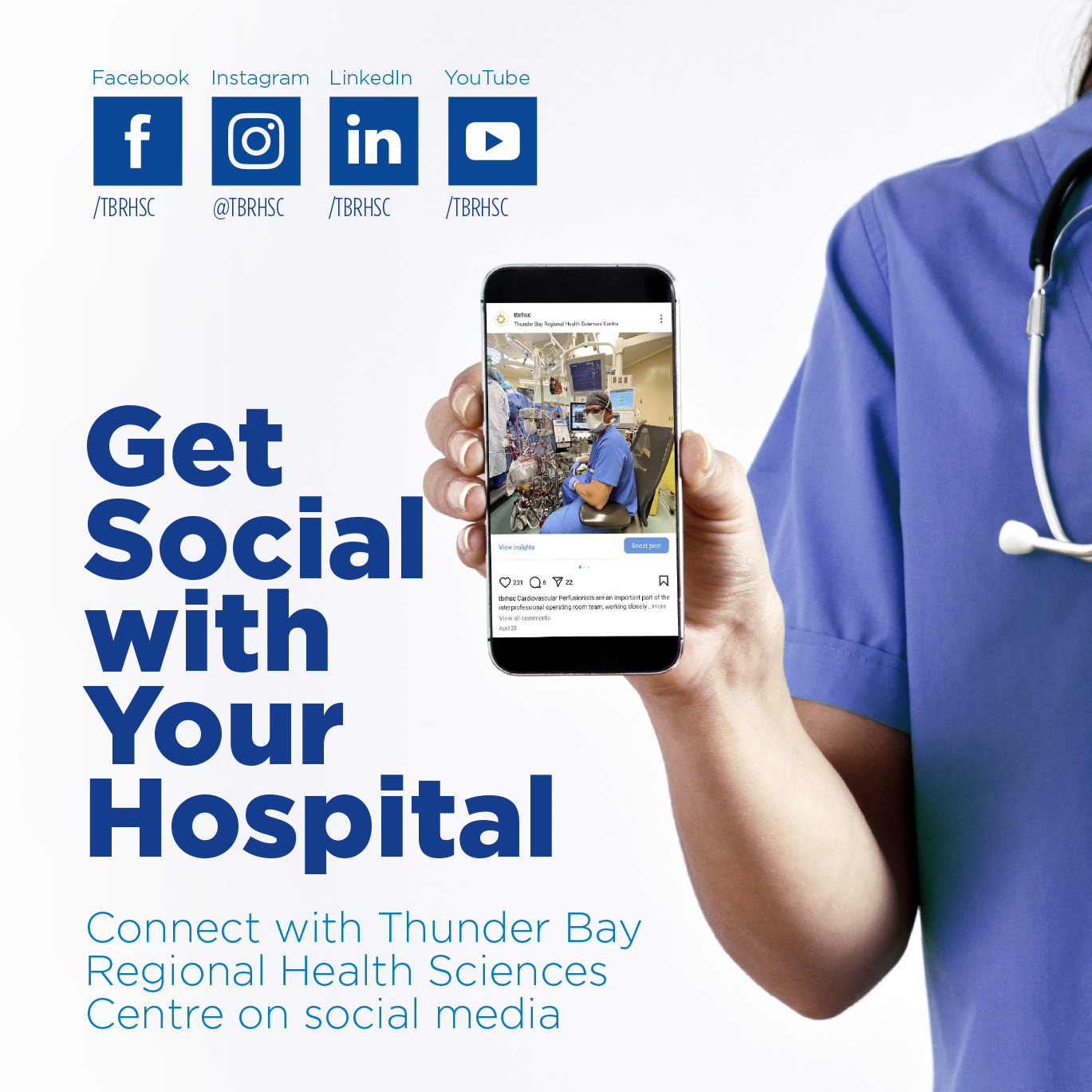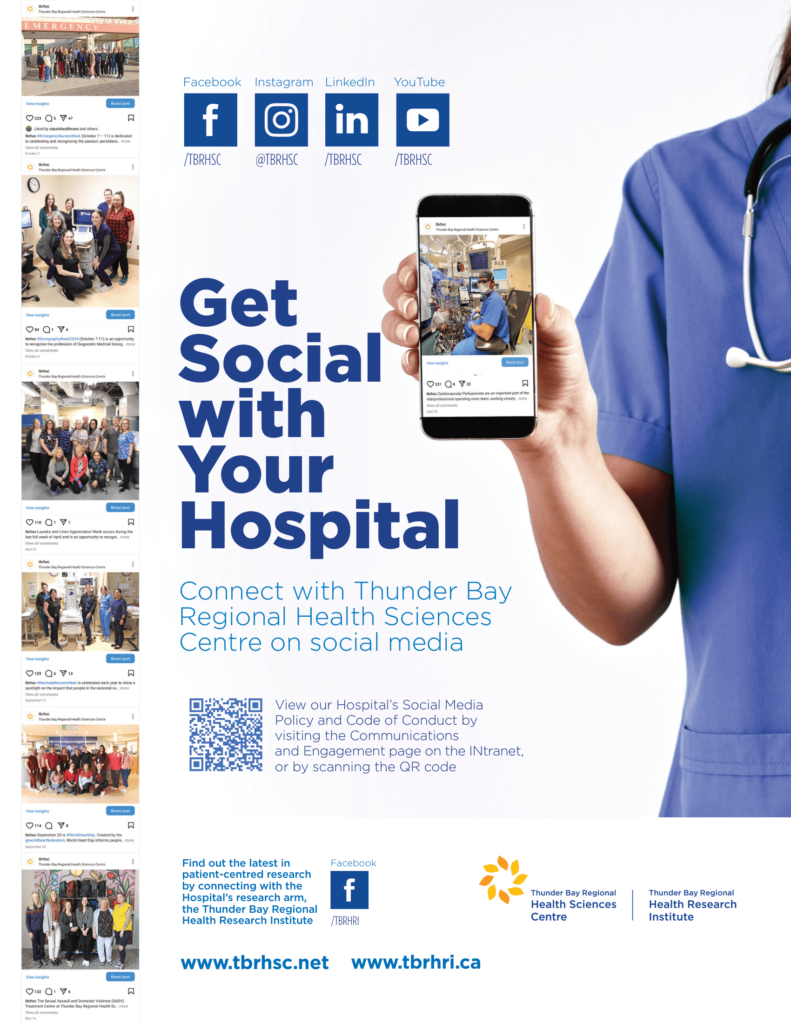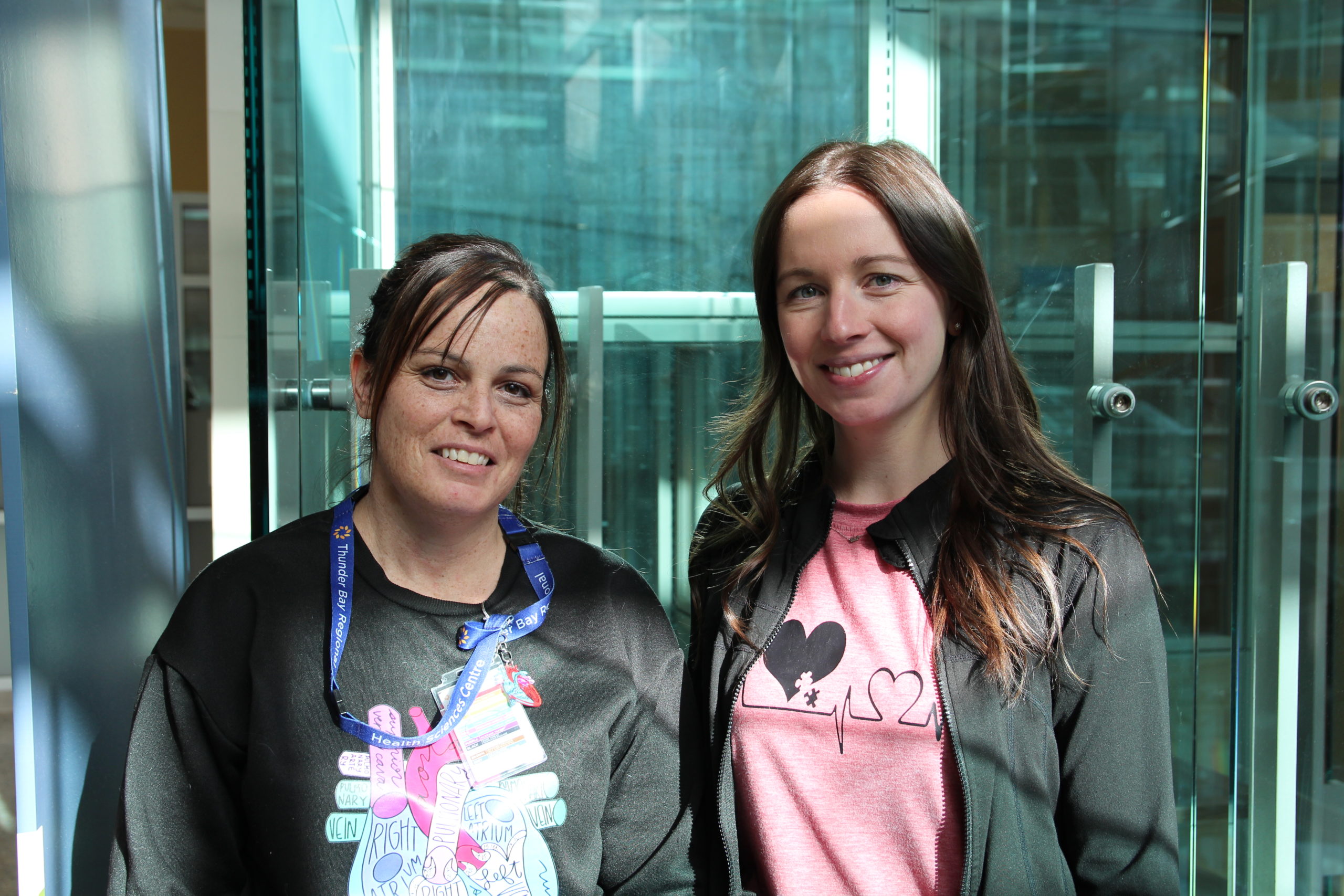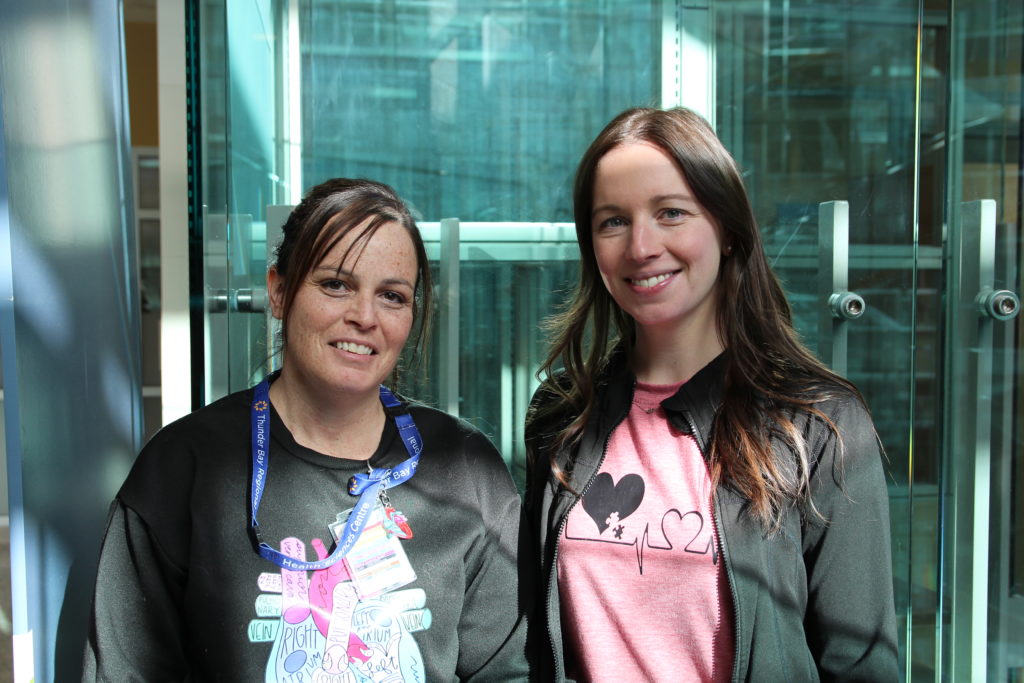Are you interested in learning more about Black history and culture? Below you will find a curated list of fiction, non-fiction, and poetry books by Black authors that reflect on various themes, including anti-racism and the ongoing fight for equity.
Non-Fiction
The Skin We’re In – Desmond Cole
Celebrated writer and activist Desmond Cole punctures the naive assumptions of Canadians who believe we live in a post-racial nation. Chronicling just one year in the struggle against racism in this country, The Skin We’re In reveals the injustices faced by Black Canadians on a daily basis: the devastating effects of racist policing, the hopelessness produced by an education system that fails Black children, the heartbreak of those separated from their families by discriminatory immigration laws, and more. Cole draws on his own experiences as a Black man in Canada, and locates the deep cultural, historical, and political roots of each event. To learn more, click here.
Black Boys Like Me – Matthew R. Morris
What does it mean to be a young Black man with an immigrant father and a white mother, teaching in a school system that historically has held an exclusionary definition of success? In eight illuminating essays, Matthew R. Morris grapples with this question, and others related to identity and perception.
Now an elementary school teacher in Toronto, Morris explores the tension between his consumption of Black culture as a child, his teenage performances of the ideas and values of the culture that often betrayed his identity, and the ways society and the people guiding him—his parents, coaches, and teachers—received those performances. Black Boys Like Me is an unflinching debut that invites readers to create braver spaces and engage in crucial conversations around race and belonging. To learn more, click here.
I Know Why the Caged Bird Sings – Maya Angelou
Maya Angelou’s debut memoir is a modern American classic beloved worldwide.
Here is a book as joyous and painful, as mysterious and memorable, as childhood itself. I Know Why the Caged Bird Sings captures the longing of lonely children, the brute insult of bigotry, and the wonder of words that can make the world right. Maya Angelou’s debut memoir is a modern American classic beloved worldwide. Poetic and powerful, I Know Why the Caged Bird Sings will touch hearts and change minds for as long as people read. To learn more, click here.
Born a Crime – Trevor Noah
Trevor Noah’s unlikely path from apartheid South Africa to the desk of The Daily Show began with a criminal act: his birth. Trevor was born to a white Swiss father and a black Xhosa mother at a time when such a union was punishable by five years in prison. Living proof of his parents’ indiscretion, Trevor was kept mostly indoors for the earliest years of his life, bound by the extreme and often absurd measures his mother took to hide him from a government that could, at any moment, steal him away. Finally liberated by the end of South Africa’s tyrannical white rule, Trevor and his mother set forth on a grand adventure, living openly and freely and embracing the opportunities won by a centuries-long struggle.
The eighteen personal essays collected here are by turns hilarious, dramatic, and deeply affecting. Noah’s stories weave together to form a moving and searingly funny portrait of a boy making his way through a damaged world in a dangerous time, armed only with a keen sense of humor and a mother’s unconventional, unconditional love. To learn more, click here.
Black Berry, Sweet Juice – Lawrence Hill
Lawrence Hill’s BLACK BERRY, SWEET JUICE: On Being Black and White in Canada, he movingly reveals his struggle to understand his own personal and racial identity. Interspersed with slices of his personal experiences are the experiences of thirty-six other Canadians of mixed race interviewed for this book. A reflective, sensitive and often humourous book, BLACK BERRY, SWEET JUICE is a thought provoking discourse on the current status of race relations in Canada, and a fascinating and important read for us all. To learn more, click here.
Fiction
Frying Plantain – Zalika Reid-Benta
Kara Davis is a girl caught in the middle — of her Canadian nationality and her desire to be a “true” Jamaican, of her mother and grandmother’s rages and life lessons, of having to avoid being thought of as too “faas” or too “quiet” or too “bold” or too “soft.” Set in “Little Jamaica,” Toronto’s Eglinton West neighbourhood, Kara moves from girlhood to the threshold of adulthood, from elementary school to high school graduation, in these twelve interconnected stories. In her brilliantly incisive debut, Zalika Reid-Benta artfully depicts the tensions between mothers and daughters, second-generation Canadians and first-generation cultural expectations, and Black identity and predominately white society. To learn more, click here.
The Sleeping Car Porter – Suzette Mayr
There When a mudslide strands a train, Baxter, a queer Black sleeping car porter, must contend with the perils of white passengers, ghosts, and his secret love affair. The Sleeping Car Porter brings to life an important part of Black history in North America, from the perspective of a queer man living in a culture that renders him invisible in two ways. Affecting, imaginative, and visceral enough that you’ll feel the rocking of the train, The Sleeping Car Porter is a stunning accomplishment. To learn more, click here.
Theft – Abdulrazak Gurnah
At the turn of the twenty-first century, three young people come of age in Tanzania. Karim returns to his sleepy hometown after university with new swagger and ambition. Fauzia glimpses in him a chance at escape from a smothering upbringing. The two of them offer a haven to Badar, a poor boy still unsure if the future holds anything for him at all. As tourism, technology, and unexpected opportunities and perils reach their quiet corner of the world, each arrives at a different understanding of what it means to take your fate into your own hands. To learn more, click here.
Sula – Toni Morrison
Sula and Nel are born in the Bottom—a small town at the top of a hill. Sula is wild, and daring; she does what she wants, while Nel is well-mannered, a mamma’s girl with a questioning heart. Growing up they forge a bond stronger than anything, stronger even than the dark secret they have to bear. Strong enough, it seems, to last a lifetime—until, decades later, as the girls become women, Sula’s anarchy leads to a betrayal that may be beyond forgiveness.
Masterful, richly textured, bittersweet, and vital, Sula is a modern masterpiece about love and kinship, about living in an America birthed from slavery. Nobel Prize laureate Toni Morrison gives life to characters who struggle with what society tells them to be, and the love they long for and crave as Black women. Most of all, they ask: When can we let go? What must we hold back? And just how much can be shared in a friendship? To learn more, click here.
Poetry
Annie Allen – Gwendolyn Brooks – Annie Allen is a book of poetry by American author Gwendolyn Brooks that was published by Harper & Brothers in 1949. The book tells in poetry about the life of Annie Allen, an African-American girl growing to adulthood. It received the Pulitzer Prize for Poetry in 1950 and made Brooks the first African American to ever receive a Pulitzer Prize. To learn more, click here.
Helium – Rudy Francisco
Helium is the debut poetry collection by internet phenom Rudy Francisco, whose work has defined poetry for a generation of new readers. Rudy’s poems and quotes have been viewed and shared millions of times as he has traveled the country and the world performing for sell-out crowds. Helium is filled with work that is simultaneously personal and political, blending love poems, self-reflection, and biting cultural critique on class, race and gender into an unforgettable whole. Ultimately, Rudy’s work rises above the chaos to offer a fresh and positive perspective of shared humanity and beauty. To learn more, click here.
Still Can’t Do My Daughter’s Hair – William Evans
Still Can’t Do My Daughter’s Hair is the latest book by author William Evans, founder of Black Nerd Problems. Evans is a long-standing voice in the performance poetry scene, who has performed at venues across the country and been featured on numerous final stages, including the National Poetry Slam and Individual World Poetry Slam. Evans’ commanding, confident style shines through in these poems, which explore masculinity, fatherhood, and family, and what it means to make a home as a black man in contemporary America. To learn more, click here.
If you have any questions or feedback, or would like to share a book recommendation for next year’s list, please email the Equity, Diversity, and Inclusion Steering Committee at: TBRHSC.EDISteeringCommittee@tbh.net
